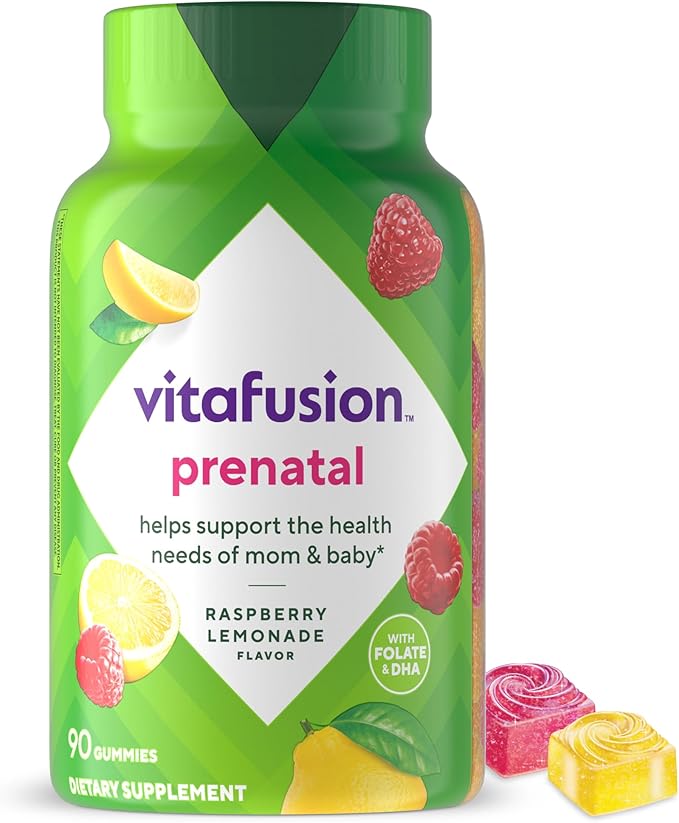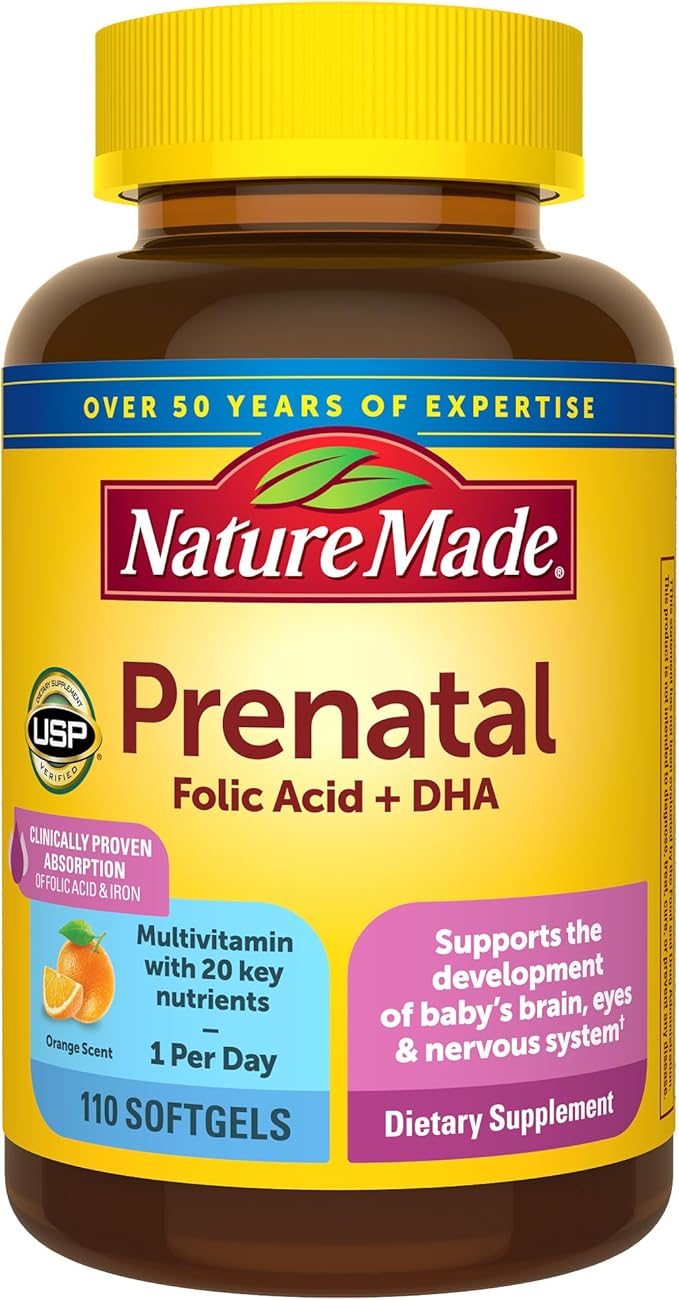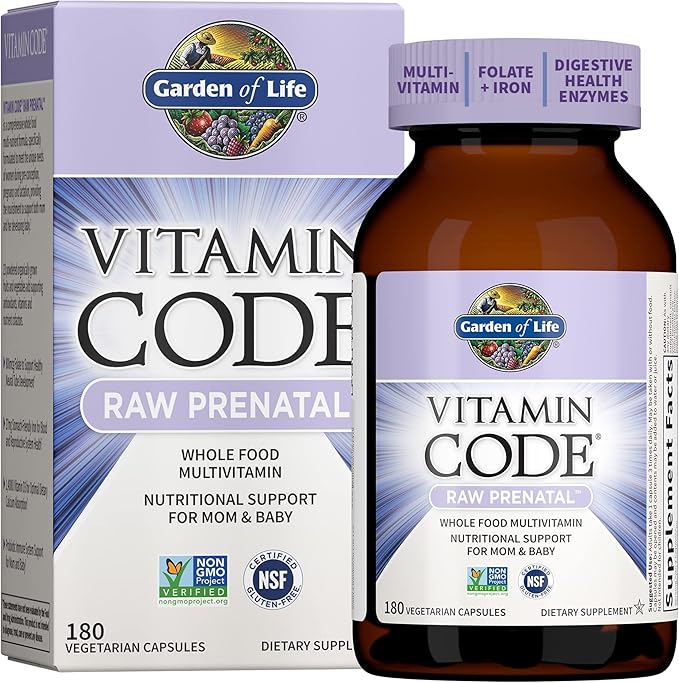You're probably preoccupied with your baby's care after giving birth. However, you may experience health issues in the weeks and months following childbirth. We refer to them as postpartum problems. A few of these issues have the potential to be fatal. Any death that occurs during pregnancy or within a year after the end of a pregnancy is considered pregnancy-related. More than half of pregnancy-related deaths happen after baby birth.
Other Topics You Might Like
Helpful Products You Might Like

vitafusion PreNatal Pregnancy Gummy Vitamins for Women

Nature Made Prenatal with Folic Acid + DHA

Prenatal Multivitamin for Women Vitamin Code
"(Paid Links)" 
Common postpartum complications
The Centers for Disease Control and Prevention (CDC), has discussed some common causes of pregnancy-related deaths are

Risk factors

Overall, there is little chance of dying from a pregnancy-related issue. However, the possibility of dying from pregnancy-related complications is higher for those with long-term health issues, including high blood pressure, obesity, or heart disease. After having delivery, pay more attention to your health if you have any of these risk factors.
Warning signs
If detected early, many postpartum problems are treatable.
Seek immediate medical attention if you have:
Call your healthcare professional if you have:
How to prevent postpartum problems
One of your top priorities after giving birth should be your health. Before you give birth, start planning your postpartum care strategy and discuss that plan with your healthcare provider.
Discuss your risk of a pregnancy-related problem with your healthcare provider after giving delivery. If you have any issues during your pregnancy, such as high bp or gestational diabetes, your risk may be increased. Additionally, having a cesarean delivery may increase your risk. Enquire about any extra treatment you might require.

